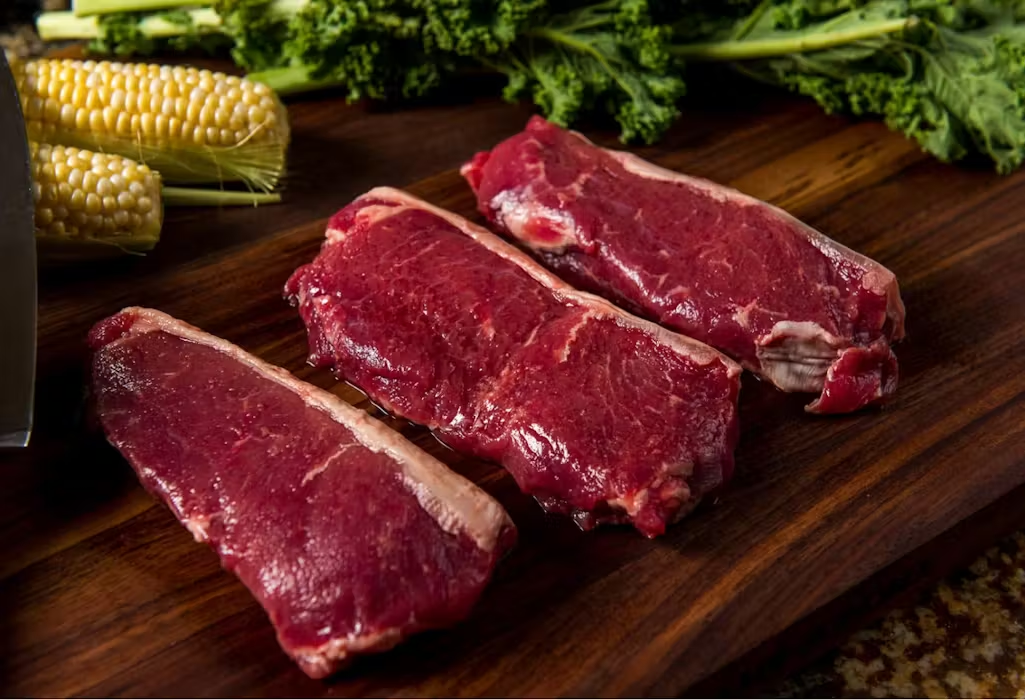Choosing the right type of beef for your diet is crucial for both health and environmental reasons. Grass-fed beef, which comes from cattle that have been allowed to graze on pasture, offers numerous benefits over conventional grain-fed beef. This article explores the advantages of grass-fed beef, highlighting why it is a superior option for consumers seeking better nutrition and sustainability.
Nutritional Benefits of Grass-Fed Beef
1. Rich in Omega-3 Fatty Acids
Grass-fed beef is known for its higher content of omega-3 fatty acids compared to grain-fed beef. Omega-3s are essential fats that play a significant role in heart health, brain function, and reducing inflammation. Including grass fed beef in your diet can help improve your omega-3 to omega-6 ratio, promoting better overall health.
2. Higher Levels of Vitamins and Antioxidants
Grass-fed beef contains higher levels of essential vitamins and antioxidants. It is particularly rich in vitamins A and E, which are vital for maintaining healthy skin, vision, and immune function. Additionally, grass-fed beef is a good source of conjugated linoleic acid (CLA), a type of fat that has been shown to reduce the risk of cancer and heart disease.
Health Advantages of Grass-Fed Beef
1. Leaner Meat with Fewer Calories
Grass-fed beef is generally leaner than its grain-fed counterparts. This means it contains less fat and fewer calories, making it a healthier option for those looking to maintain or lose weight. The lower fat content does not compromise the flavor; in fact, many people find grass-fed beef to have a richer and more distinct taste.
2. Reduced Exposure to Antibiotics and Hormones
Cattle raised on pasture are typically not subjected to the routine use of antibiotics and growth hormones. This reduces the risk of consuming these substances through beef, which can contribute to antibiotic resistance and other health issues. Choosing grass-fed beef ensures you are consuming a more natural and wholesome product.
Environmental Impact of Grass-Fed Beef
1. Sustainable Farming Practices
Grass-fed beef production is often associated with more sustainable farming practices. Raising cattle on pasture allows for natural grazing, which can improve soil health and biodiversity. These practices reduce the need for chemical fertilizers and pesticides, contributing to a healthier ecosystem.
2. Lower Carbon Footprint
The carbon footprint of grass-fed beef is generally lower than that of grain-fed beef. Grass-fed cattle produce less methane and their manure is more likely to be used as natural fertilizer, reducing greenhouse gas emissions. Supporting grass-fed beef helps promote more environmentally friendly agricultural practices.
Choosing Quality Grass-Fed Beef
When selecting grass-fed beef, it is essential to choose products from reputable sources that prioritize animal welfare and sustainable practices. Look for certifications and labels that indicate the beef is truly grass-fed and responsibly raised. This ensures that you are getting the best nutritional and environmental benefits.
Conclusion
Opting for grass-fed beef provides numerous advantages, from enhanced nutritional value and health benefits to positive environmental impacts. Incorporating grass-fed beef into your diet supports sustainable farming practices and ensures that you are consuming a healthier, more natural product. By choosing high-quality grass-fed beef, you can enjoy delicious, nutritious meals while contributing to a more sustainable future.











